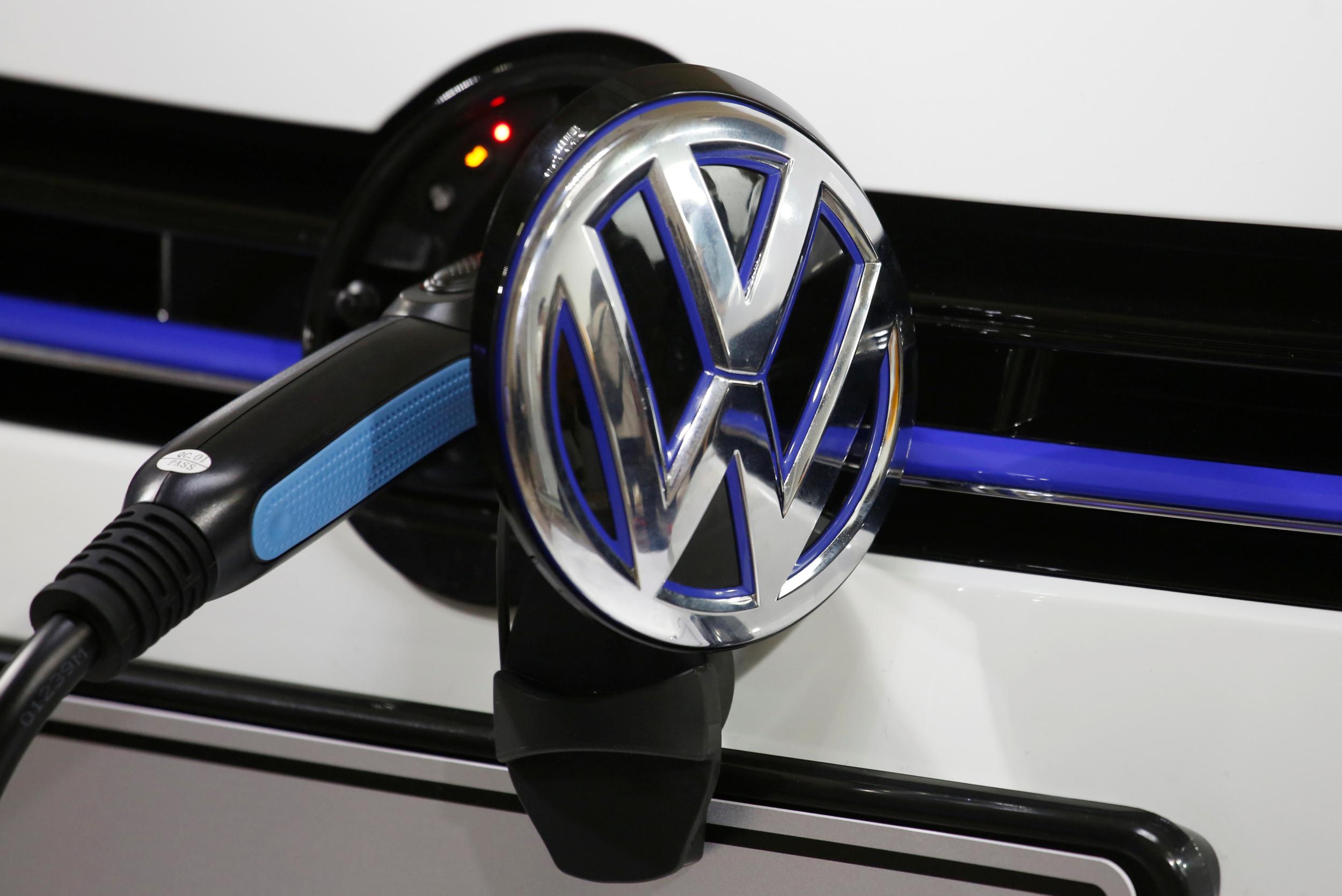Volkswagen, BMW and Daimler face backlash over experiments forcing monkeys to breathe diesel fumes
Ten monkeys were locked into airtight containers and made to breathe the exhaust from a VW Beetle while watching cartoons

Your support helps us to tell the story
From reproductive rights to climate change to Big Tech, The Independent is on the ground when the story is developing. Whether it's investigating the financials of Elon Musk's pro-Trump PAC or producing our latest documentary, 'The A Word', which shines a light on the American women fighting for reproductive rights, we know how important it is to parse out the facts from the messaging.
At such a critical moment in US history, we need reporters on the ground. Your donation allows us to keep sending journalists to speak to both sides of the story.
The Independent is trusted by Americans across the entire political spectrum. And unlike many other quality news outlets, we choose not to lock Americans out of our reporting and analysis with paywalls. We believe quality journalism should be available to everyone, paid for by those who can afford it.
Your support makes all the difference.German car manufacturers faced widespread outrage on Monday after it emerged that they had funded tests which forced monkeys to breathe toxic diesel fumes.
Volkswagen, Daimler and BMW funded tests in 2014 via a body called EUGT, which saw 10 monkeys locked into airtight containers and made to breathe the exhaust from a VW Beetle while watching cartoons, according to the New York Times. Twenty-five healthy human beings also breathed the fumes.
The tests were aimed at disproving allegations that diesel emissions, which have been linked to asthma, lung diseases and heart attacks, were harmful to health.
Barbara Hendricks, the German environment minister, described the experiments as “abominable”.
Acting transport minister Christian Schmidt said he strongly condemned the tests, adding: "This has once again damaged trust in the auto industry."
“These tests on monkeys or even people are in no ethical way justifiable and raise many critical questions about those who are behind the tests,” government spokesperson Steffen Seibert told a news conference in Berlin.
In a letter to Volkswagen chief executive Matthias Müller dated Friday, Harald Ullmann, a vice president for the animal rights charity Peta said: “There is nothing fair about condemning these complex, sensitive animals to suffer physical suffering and psychological torment in laboratories where they are caged and deprived of fresh air, sunshine, freedom of movement, the companionship of others, and just about everything else that makes any life worth living.”
The details of the experiment were disclosed in legal action brought against Volkswagen in the United States.
Members of Volkswagen’s supervisory board have called for an inquiry into the tests, German media reported on Monday.
It remains unclear whether the manufacturers were aware of monkeys being used in the experiments.
Fellow German car manufacturers Daimler and BMW on Saturday denounced the study. The revelations are the latest aftershock from the Volkswagen emissions-rigging scandal, which are continuing to rock the car industry.
Bernd Althusmann, a member of Volkswagen’s supervisory board representing the carmaker’s home state of Lower Saxony, said such experiments were “absurd and inexcusable”, German news agency DPA reported on Monday.
Mr Althusmann demanded “harsh consequences” for whoever was responsible for the study, DPA quoted him as saying.
Bernd Osterloh, Volkswagen’s works council chief, who is also on the carmaker’s board, called for a detailed investigation into the matter, German daily Die Welt said.
Commissioning such a study involving live animals did not reflect ethical or moral behaviour, Mr Osterloh said.
“If the people who were responsible at the time are still on board, then personnel consequences must be considered,” he said.
On Sunday, German daily Stuttgarter Zeitung reported that EUGT also sponsored scientific studies testing nitrogen dioxide, a gas found in exhaust fumes, on people.
Additional reporting by Reuters
Join our commenting forum
Join thought-provoking conversations, follow other Independent readers and see their replies
Comments